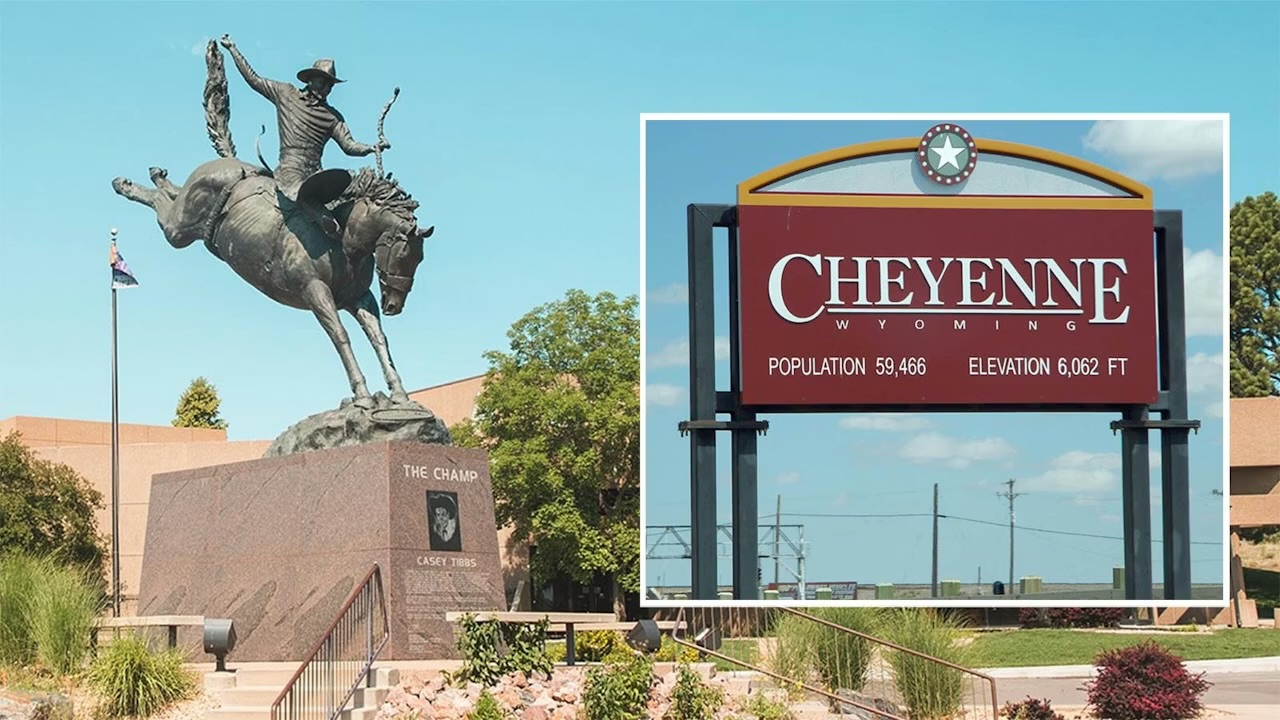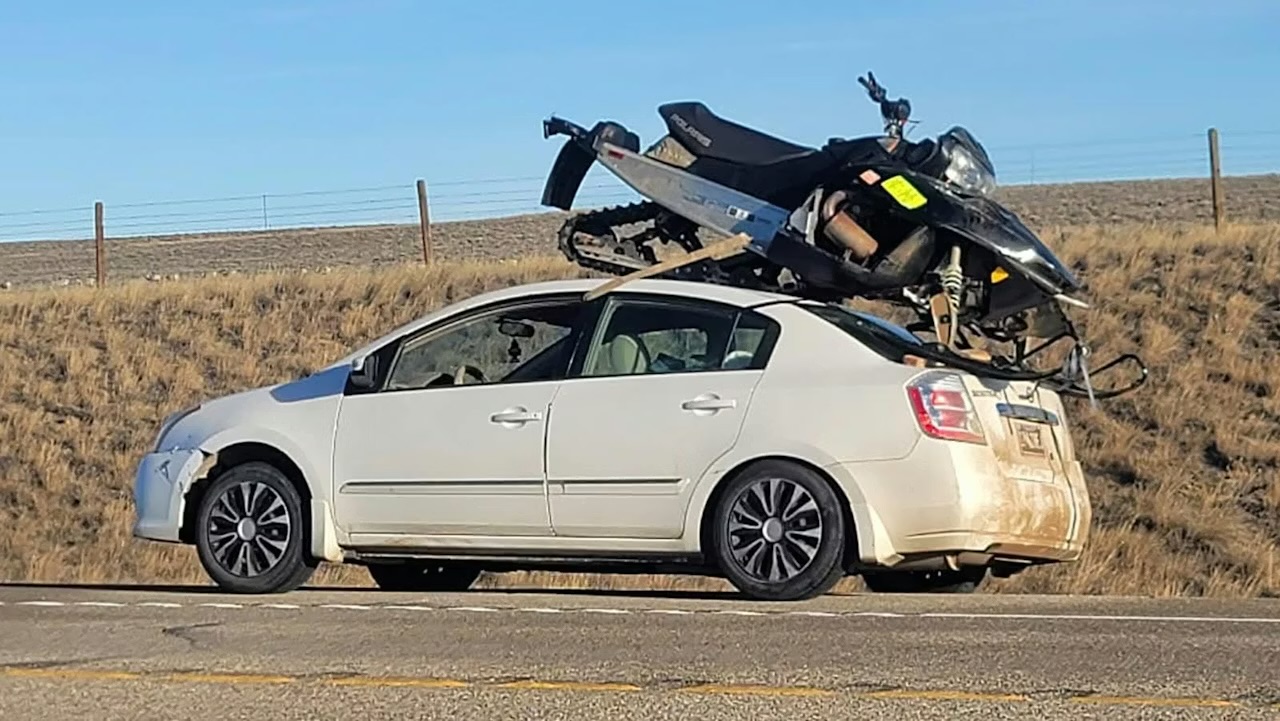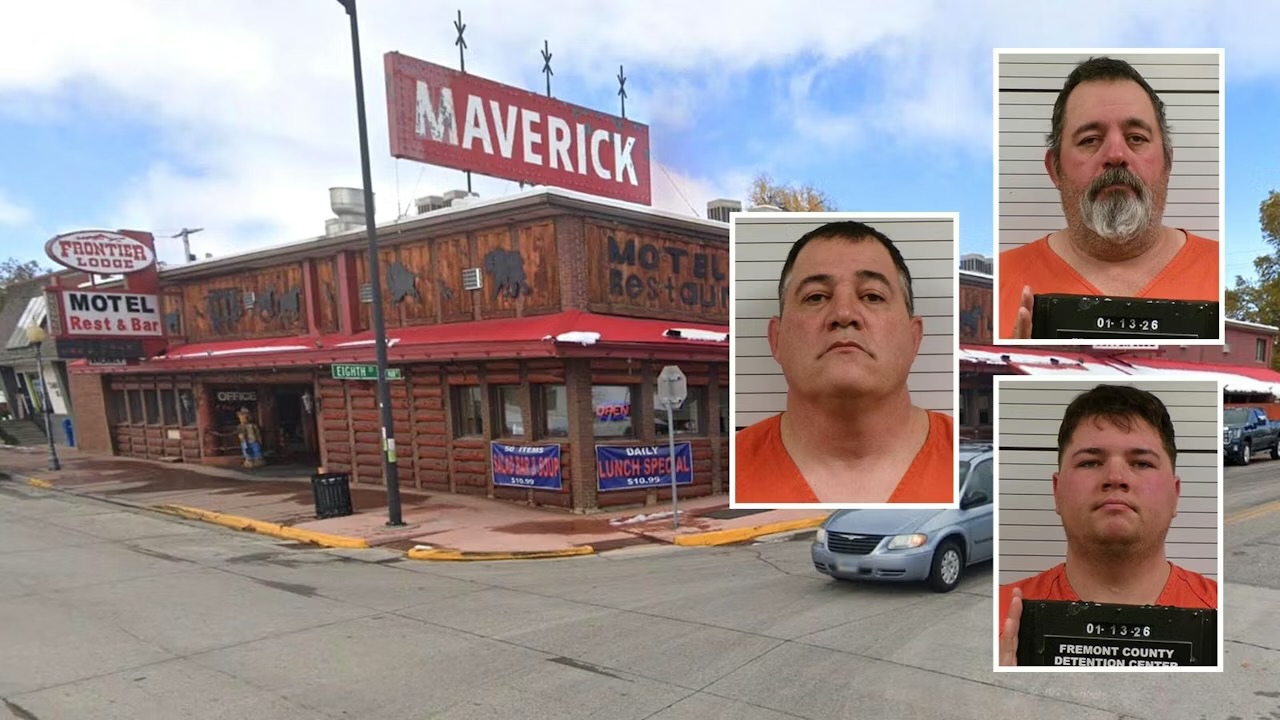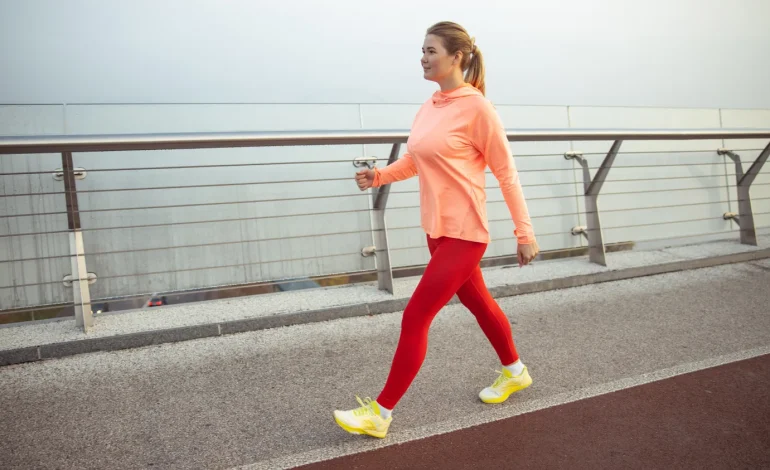Forget obsessing over 10,000 steps — what really matters is how fast you’re moving. A new study says that picking up the pace for just 15 minutes a day can cut your risk of dying early by nearly 20%. Yep, that’s right — a quick, brisk walk might just be the simplest health hack you haven’t tried yet.
Researchers from Vanderbilt University looked at data from nearly 80,000 adults, many from low-income communities across the southeastern US, and tracked them over 17 years. They found that people who went for a short, fast-paced walk every day had better chances of avoiding heart disease — and just living longer overall.
It’s no secret that walking is good for you. But this study breaks new ground by showing that the speed of your walk might matter even more than the time you spend doing it. In fact, walking briskly for just 15 minutes was more effective than three hours of slow walking.
Fast walking — think climbing stairs, power walking, or getting slightly out of breath — helps improve your heart’s efficiency, oxygen intake, and overall fitness. It also helps with weight management and lowers your risk of high blood pressure and cholesterol, according to the study published in the American Journal of Preventive Medicine.
“We’ve known fast walking is good,” said lead author Lili Liu, “but this study really highlights how much of an impact it can have, even in communities that face health and resource challenges.”
Why the big deal? Because heart disease is still a leading cause of early death, and the numbers aren’t getting better. In the UK alone, more than 420 people of working age die from heart conditions every week. Meanwhile, younger adults are increasingly being diagnosed with cardiovascular issues, with heart attacks among 25-29-year-olds up 95% over the past decade.
Those stats make a 15-minute brisk walk a pretty compelling prescription — especially since it costs nothing and can be done pretty much anywhere.
The study also stands out because it focuses on groups often left out of research: low-income individuals and Black Americans living in neighborhoods with limited access to safe walking paths or health resources.
“This kind of simple, accessible exercise is crucial where healthcare access is limited,” said co-author Dr. Wei Zheng. “Fast walking is something almost anyone can do, without needing a gym membership or fancy equipment.”
The researchers are now urging public health campaigns to prioritize fast walking, especially in communities where other health support might be lacking. Sidewalks, park access, and safety all play a role in making this kind of activity possible.
If the thought of training for a 5K makes your eyes glaze over, good news: brisk walking gets you many of the same health benefits — minus the blisters.
Whether you’re walking the dog, grabbing groceries, or taking the stairs at work, just do it a little faster. That extra bounce in your step could translate into better heart health, a longer life, and a lower risk of chronic illness.
In the words of Professor Liu:
“Fast walking is low-impact, convenient, and it works — no matter your age or fitness level.”
With input from the Daily Mail, the Times, and US News & World Report.










The latest news in your social feeds
Subscribe to our social media platforms to stay tuned